Concrete is made using aggregate (like crushed rock and sand), along with cement and water. The cement acts as the binder in concrete, holding the aggregate together. As the mixture dries, it forms a stiff, unforgiving solid that is prone to cracking and breaking, especially if the surface beneath it is not perfectly smooth.
When roads, parking lots or driveways are built using tarmac/asphalt construction, hot tarmac/asphalt is poured onto a bed of heavier aggregate and then pressed into it with a steamroller. Once the tarmac/asphalt cools to the surrounding air temperature, it is strong enough to withstand automobile traffic. While tarmac/asphalt is extremely hard and durable, it offers enough flexibility to accommodate imperfections in underlying surfaces, a feature that concrete sorely lacks.
If your question has not covered in the below, please feel free to submit a question via the quick question form and we’ll en-devour to answer your query as soon as possible.
SUBMIT A QUESTION
We may feature your question on our FAQs page if we feel it would be useful to other customers.
LC SURFACING : PROUD TO BE WORKING IN C0NJUNCTION WITH
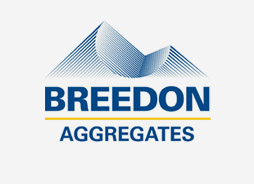
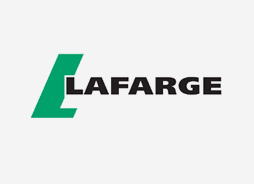
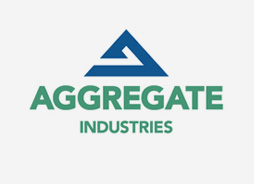
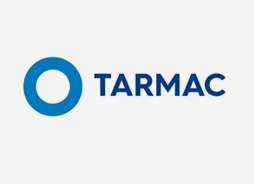
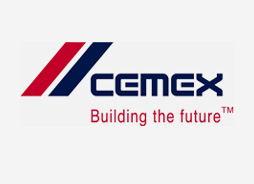
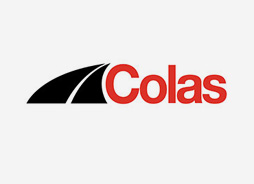

FREE QUOTES NATIONWIDE
CALL NOW FOR A RAPID RESPONSE WITH A QUALITY SERVICE
